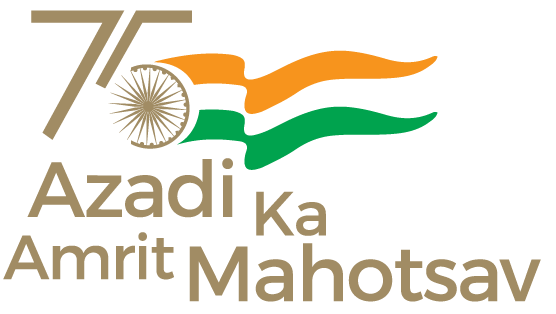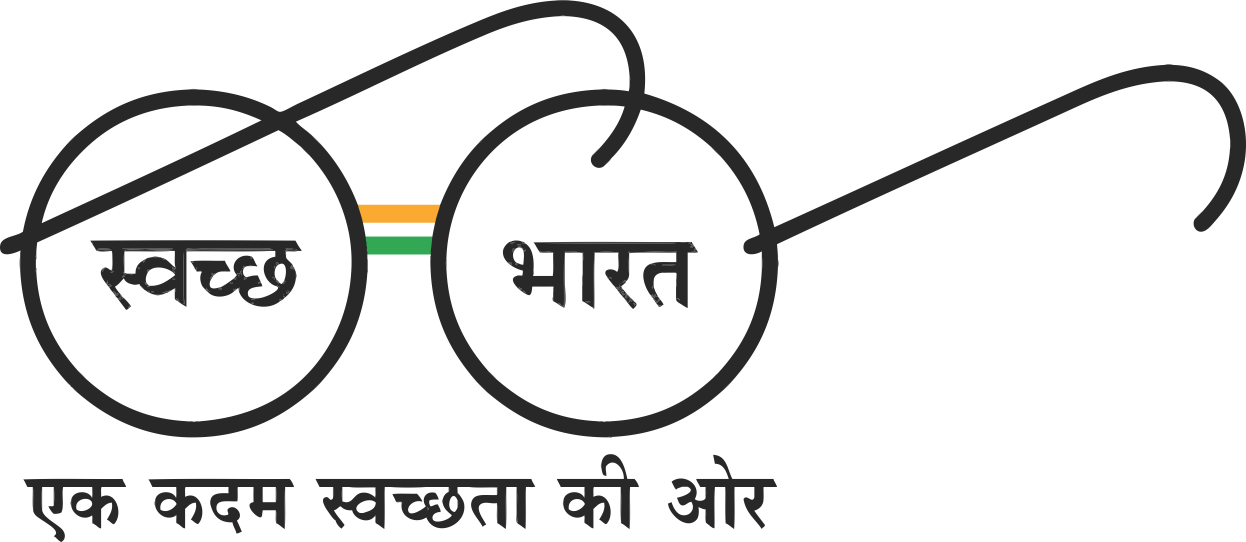
|
It shall be the duty of the Union and the State PSC to conduct examination for appointments. If requested by two or more states it shall be obligatory on the Union PSC to assist them in devising of Joint recruitment for services requiring special qualifications. The Union or State Commissions must be consulted:
In all above matters it shall be the duty of the Commission to advice. However, the President and the governors make regulations specifying the matters in which, either generally or in any particular circumstances the Commission may not be consulted (Art. 203). The functions of PSC are only advisory and the constitution has nor provision to make it obligatory upon the Govt. to act, upon the advice of the Commission in any case. Clause (4) says the Commission need not be consulted as regards the reservation of posts for Backward classes, Scheduled Castes and Scheduled Tribes (Art.320(4)). Consultation with the Commission on the above matters is obligatory except to the extent specified in the Arunachal Pradesh PSC (Limitation of Functions) Regulations. 1988 as amended from time to time. Additional Functions under Art. 321 Additional functions may be assigned to the Union and State PSC by an act of Parliament and State Legislature (Art.321). Salaries and Allowances The expenses of the Union or a State PSC, and the salaries, allowances of its members are charged on the consolidated Fund of India or State, as the case may be (Art.322). |


